One of the pioneers of commercial aquaponics farms in India, Red Otter Farms, recently commissioned a new facility for growing salad greens. With this expansion, Red Otter Farms operates close to 40,000 square feet of aquaponics farming. We asked Anubhav Das and Srishti Mandaar, founders of Red Otter Farms, some questions about this.
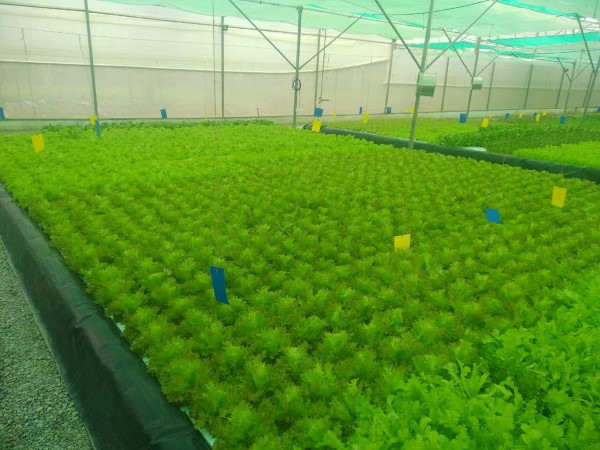
How are things at Red Otter Farms? Has COVID-19 impacted you?
Srishti Mandaar (SM): "The year started on a positive note. We completed the construction of our new facility scaling up our production to nearly 40,000 square feet. We continue to keep our focus on salad greens and aim to serve more members of the Red Otter family. In India, the spring season embodies ‘new emergence’ and for us it’s always spring on our farm! We are also now commercialising new crops in our systems and over the next few months, we plan to add greater variety to the ‘OtterFresh’ basket.
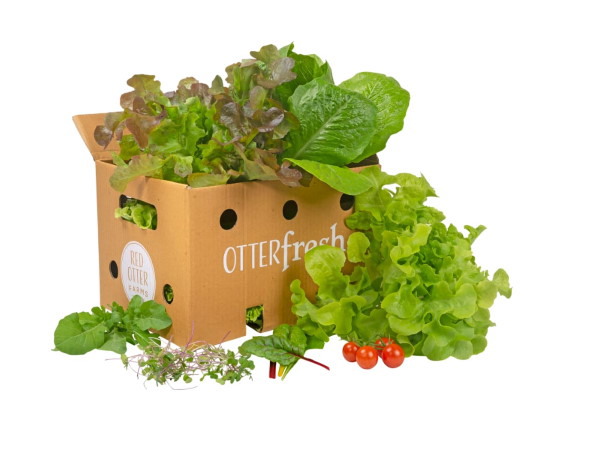
"COVID-19 has brought challenging times. Given the newness and enormity of the situation, we added a few measures to our farm. Our priority was our workers and to ensure their safety. We offered a #StayHome and a #Stay@Work opportunity and at present nearly all our staff is living on site, getting all their needs taken care of.
"On the customer side, we reduced the touch points from harvest to delivery and increased our standard safety protocols. We do believe that this is the time to make sure our staff and the village community around the farm are taken care of."
Anubhav Das (AD): "Just to add to what Srishti has mentioned, COVID-19 is getting everyone we know to improvise. For us, in addition to the immediate responses, we are now even more certain of the need to enhance our protocols for food safety as well as food security in the times to come. I believe this is the time for many realignments in the agribusinesses and we are working on those already."
Could you tell us a bit more about the expansion?
AD: "It is quite an achievement. From day one, when Srishti and I started, we believed we needed to be ‘local’ in our farm set up. Two years of operations of our pilot facility gave us tremendous insights into what we would do with the next space we built. So the new expansion was like our own dream coming true. 700 days of learning and experience allowed us to make some practical changes to the way we farm – and allowed us to increase operational efficiency. We will be able to grow nearly 30 tonnes of fresh produce yearly in addition to the fish.
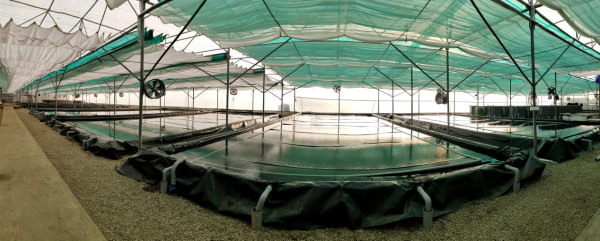
"From a new structure design to redesigning some of our grow areas for faster deployment, we have innovated a fair amount for growing produce in the Indian context. Just to add in terms of our expansion, we are indeed proud of our team implementing the construction and commissioning of the facility. They were fast and also managed to bring our capital expenditure down from our initial set up by nearly 25-30% with some localisation and innovation. And to go from breaking ground to commissioning in a little over 16 weeks was truly inspiring."
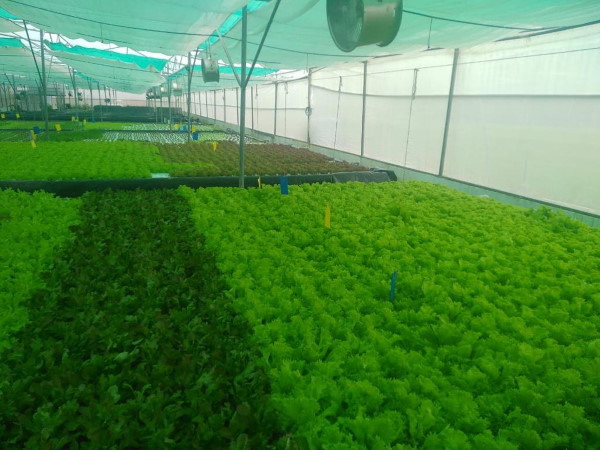
Given the diversity in India, is there a market?
AD: "Oh yes, there is! India has traditionally grappled with great inefficiencies in agriculture – be it inputs, production or even supply chain logistics. With all these factors going against agriculture – it still has seen increased demand. Interestingly, the demand for variety has seen a steady increase. Did you know that the demand for organic produce is growing faster in India than across the world?
"We have found that most people understand ‘organic’ to stand for ‘chemical-free’ produce. And as we have taken on the awareness projects for soilless farming, customer appreciation for sustainable farming in addition to chemical-free has been appreciated all around. Over the next few years, we truly believe the boundaries between organic and chemical-free will collapse and soilless farming will become integral for agriculture around the world.
SM: "In our case, at present, with the new facility, we are already increasing our capacity to grow produce by 250%. As specialist salad greens growers, we are constantly adding new varieties to our product mix with an aim to increase flavor and nutrition on our customer’s plate. Our customers are not just widely travelled – they are also great experimenters and are constantly surprising us with their innovations. Even the younger customers are now ordering in salad ingredients from us for their regular consumption. Butter lettuce, cherry tomatoes, kale, rocket, microgreens have all found place in their kitchens – and that is only reaffirming our belief that the demand will continue to grow."
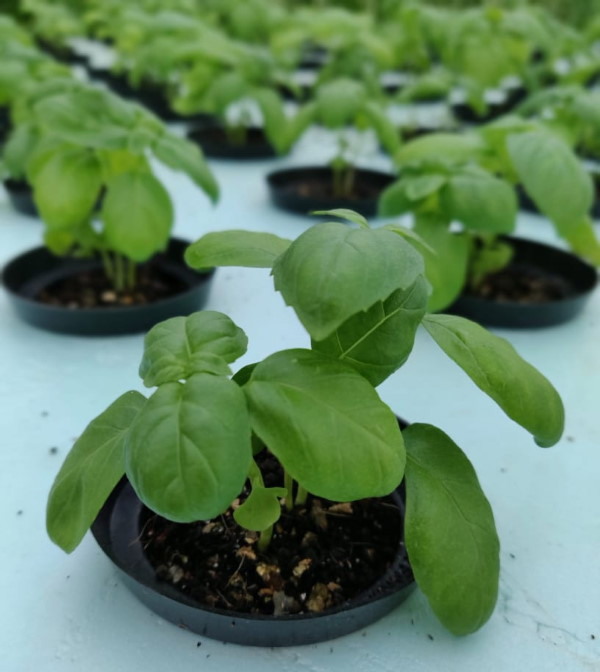
What about consumer acceptance? What is your marketing strategy?
SM: "At the start of 2020, we decided to focus on direct to home deliveries of a subscription-based salad greens box – the OtterFresh box. The response to the box has been very encouraging. We are delivering the box weekly and our customer base has increased regularly these past few months. And while we have received great feedback from most of the subscribers, we were elated when we got a message from Mr. Jasper Reid (the country head in India for Wendy's, Jamie Oliver and Jamie’s Pizzeria) who said, 'Your salad is the best we have had in India. Very good, pure and yummy.'"
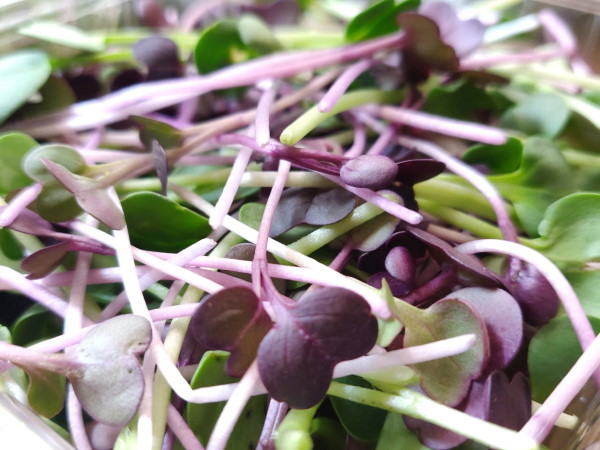
AD: "To specifically address the aspect of marketing – we have done very little. The spread is word of mouth mostly with some social media presence. Where we are engaging more is in creating awareness about our produce, its quality and our focus on food safety. Today, I think, people are extremely concerned about the quality of the food they consume, and our focus is to reach out to them and let them know how we manage our production facilities. For me, personally, the greatest satisfaction comes from the fact that our subscription renewals are high – telling us that people trust us and see us as long-term suppliers for their needs."
We are seeing a spurt in workshops and courses in soilless farming across the world. What is your take?
AD: "India is seeing the same trend. At one level, I am quite happy with this because where we had thought we would have to do a lot of awareness – on what is aquaponics and hydroponics – we don’t have to. People are recognizing these farming systems as sustainable practices with a promise of quality. And I guess, since this is 'new', there is a lot of interest. Every day, I see social media posts with people offering workshops and consultancy services and that is where I have some concerns.
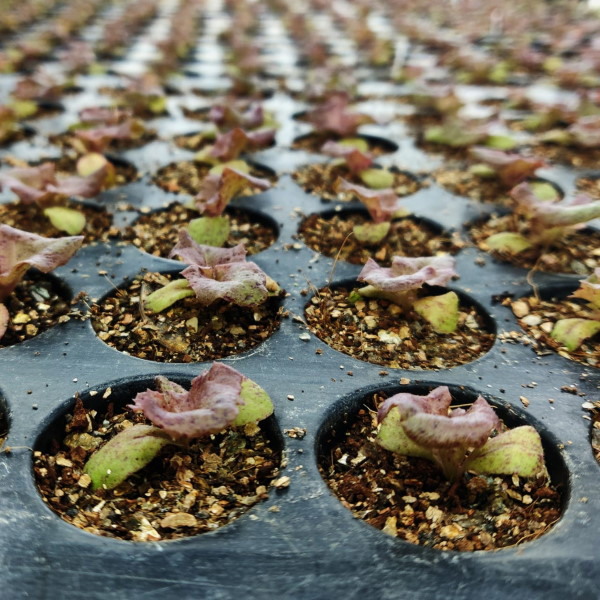
"Farming is not just a one-off act of growing some produce. There are many inter-linked aspects – setups, operations and most importantly market linkages. People look at the ‘glamour’ of these farming systems and don’t realise that 99% of the work brings no ‘coolness’. There will always be some space for hobbyists and home farms because hydroponics does allow for that democratization, but large commercial systems need more attention and planning. Every request I get to ‘consult’ on a farm setup, I ask, 'Where is the market and what produce do you wish to grow?' Very few people have that answer ready. And that is where the consultant’s job in a nascent industry has to be viewed differently. Consultants must be able to answer each of these questions, and most importantly, have experience of the scale of operations they seek to set up. They also need to see themselves as partners in the business for at least two-three cycles. I may be ostracized for saying this but I seriously believe in this. My single advice to every prospective commercial soilless farmer is – find the right ‘partner!’"
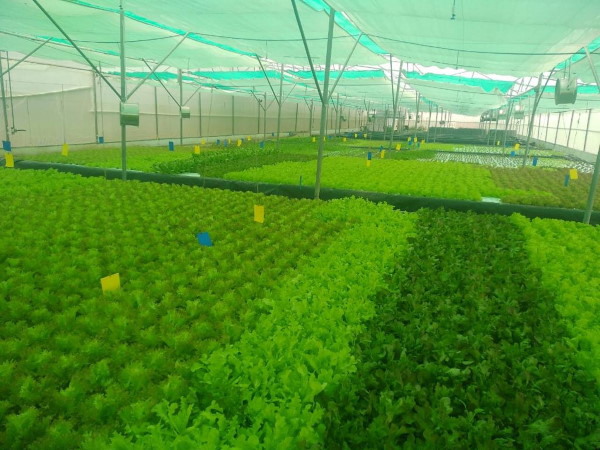
What does the future hold for Red Otter Farms? What are your growth plans?
SM: "I think we have a strong foundation to grow. With our localization, we know we can build our facilities for an Indian context faster than most and at a lower cost. Our experience with operating and scaling operations has given us unique insights into how we can grow our business. Acceptance and our renewals of subscriptions tells us that we are forming lasting relationships with our customers. And our focus on data collection from day one has given us a platform to leverage technology in a big way in the near future. So, in my opinion, the future is bright."
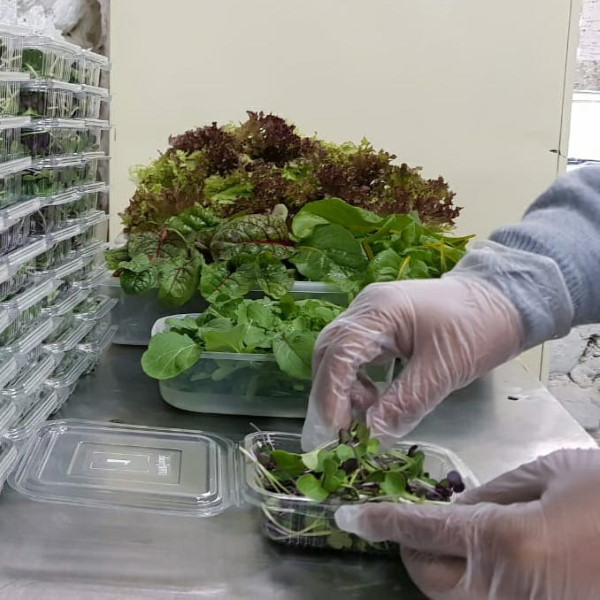
AD: "I also believe that food safety and food security are going to become increasingly important. Our focus on efficiencies in production and sustainable practices will allow us to lead innovation in agriculture in India. In terms of growth, we are on the drawing boards on that. We are already scouting for locations in different geographies including an urban farm in New Delhi and researching new product segments like health and wellness. What makes me confident of our future is the fact that we have given serious considerations to how we see our farms being built and the fact that our knowledge is a great mix of theoretical knowledge mixed with practical experience."
For more information: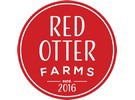 Red Otter Farms
Red Otter Farms
www.redotterfarms.in
